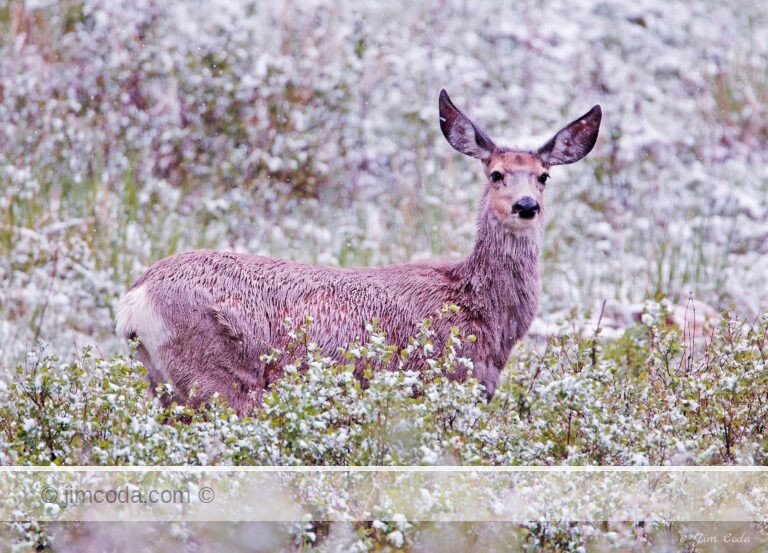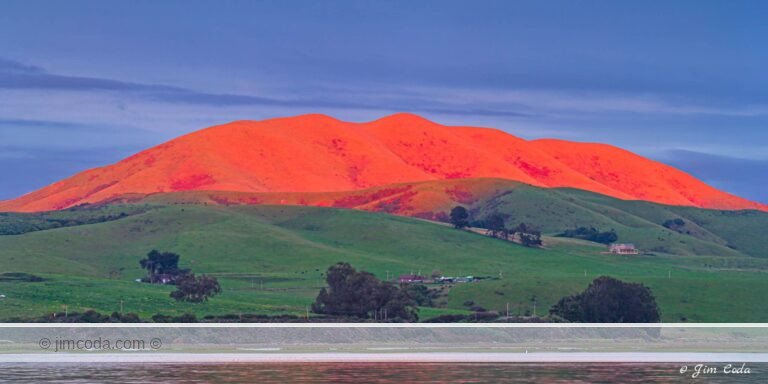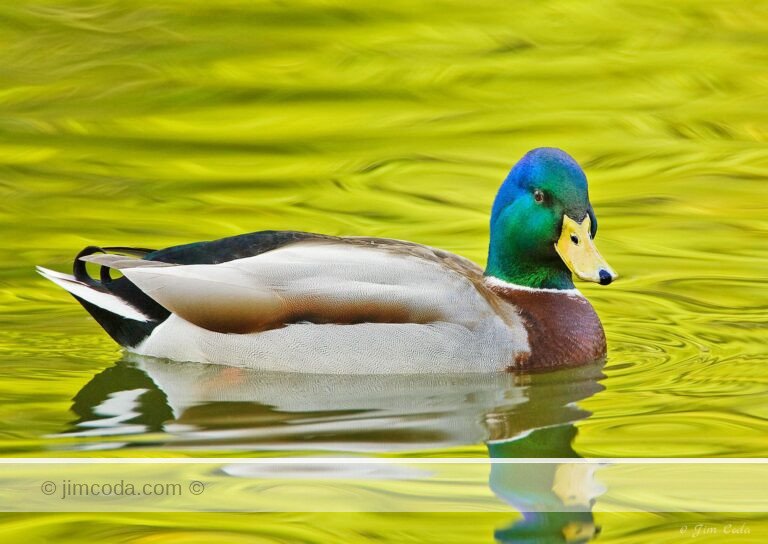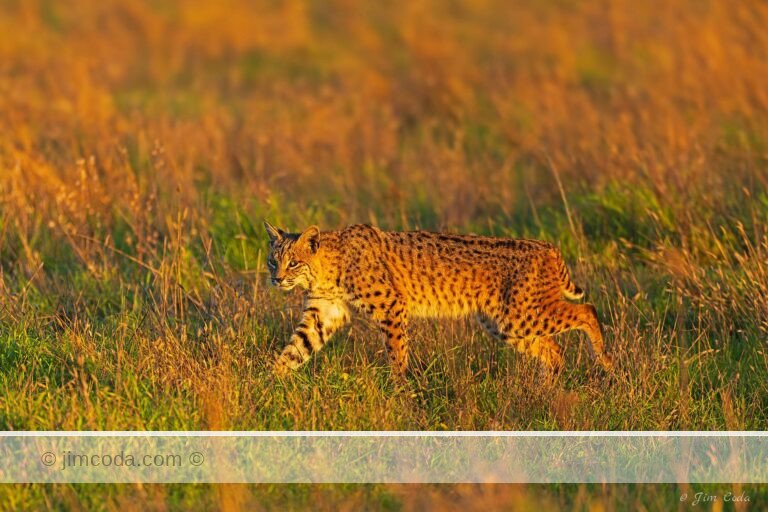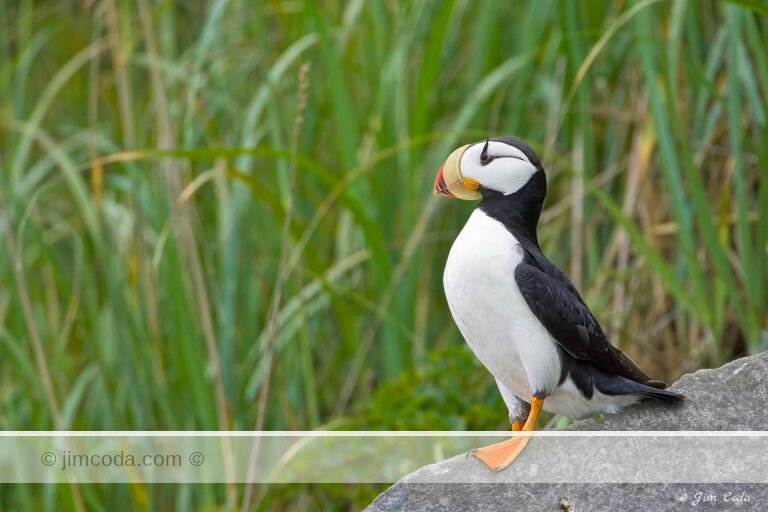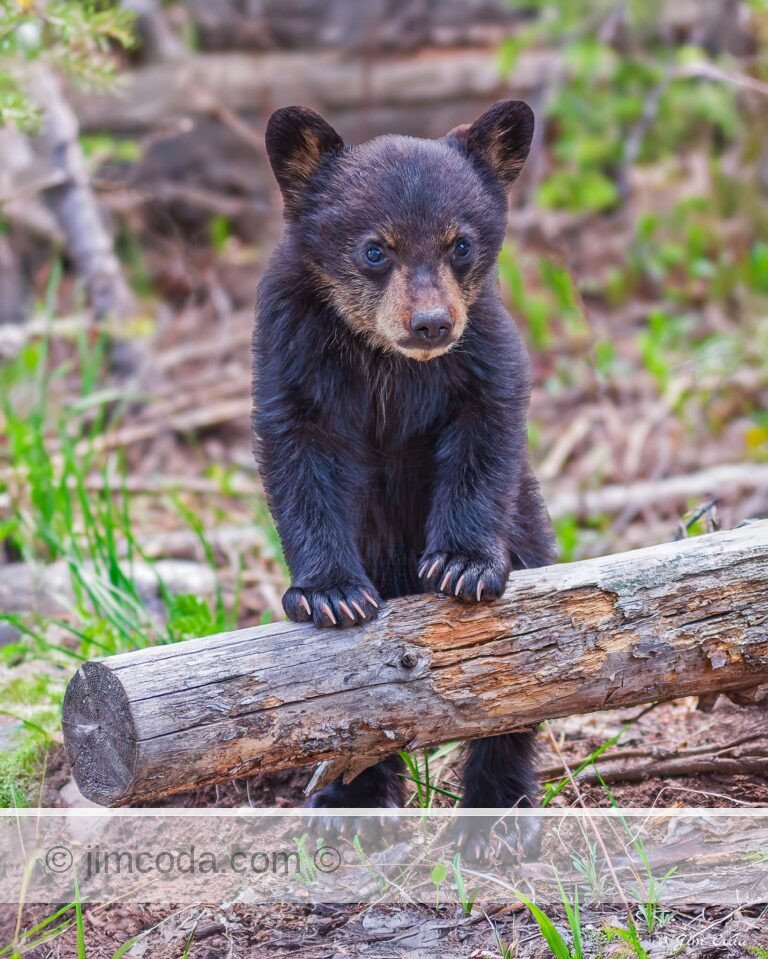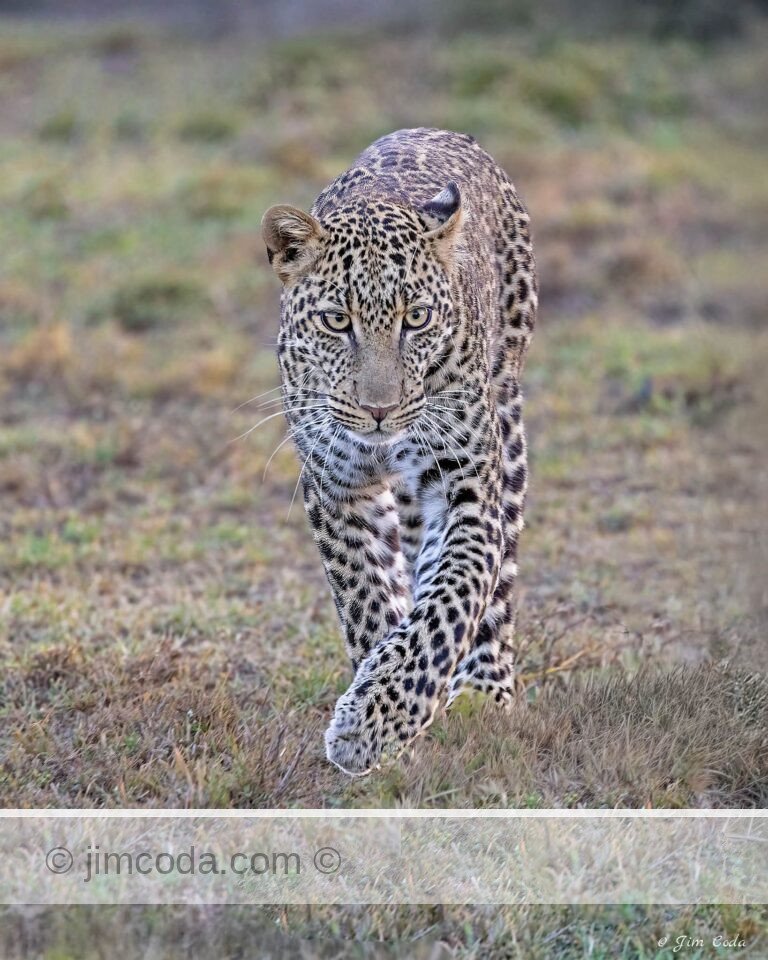Tag: montana
“Hey mom, we’re hungry.”
I saw this vixen and her kits several years ago in Silver...
Elk Calf Won’t Move
This calf was seen very close to the road just north of Yellowstone National...
Yesterday’s post ended with mama bear attacking her cub. While I said that I thought it was probably...
No articles found
Prints for sale
Browse my selection of photos for sale as fine art prints
Filter by category
Sorry, no prints in this category
